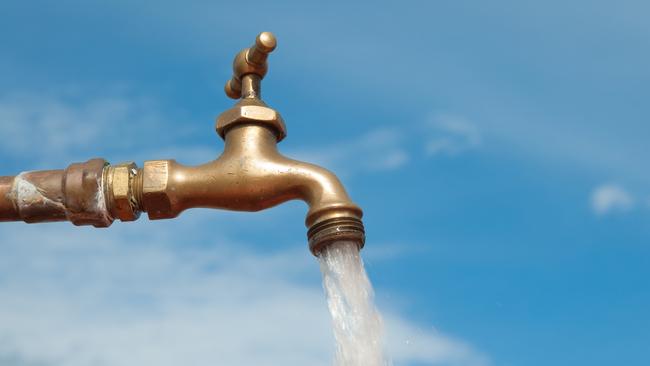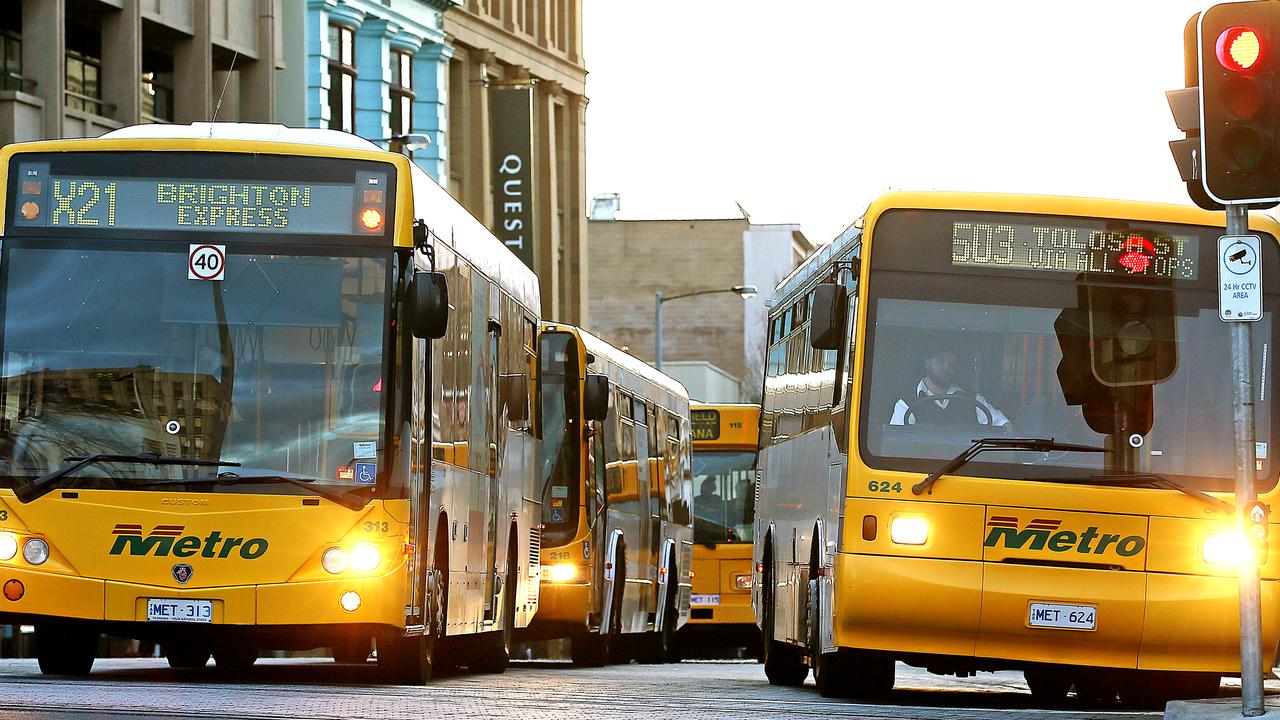Orford, Triabunna to be placed under water restrictions alongside Lady Barron on Flinders Island
Stage 1 water restrictions have been slapped onto two coastal communities as TasWater say they want to make sure there’s enough water for everyone heading into the school holidays.

Tasmania
Don't miss out on the headlines from Tasmania. Followed categories will be added to My News.
Low rainfall and high usage has been blamed for water restrictions being placed on the east coast community of Orford and Triabunna, along with Lady Barron on Flinders Island.
The stage one restrictions will come into play from Friday, April 4.
The impacted communities have been assured the restrictions required only small changes to how people used water.
TasWater general manager customer and community Matt Balfe said even a small change could have a significant impact on the amount of water available in the system.
“Many factors were considered before implementing stage 1 restrictions for Orford, Triabunna and Lady Barron,” Mr Balfe said.
“As we approach the busy school holidays and break, it’s important for us to ensure there is enough water for everyone.”
He said dry conditions across the state led to high water usage and that the forecasts indicated no significant rainfall over the next few weeks.
Flinders Island has faced sustained dry conditions over the past two years.
Mr Balfe said the stage one restrictions on the East Coast was to help conditions improve ahead of an influx of visitors in the holiday period.
Stage one restrictions urges people to be more conscious of water usage at home and work in an effort to cut non-essential water use by 20 per cent.
“We always encourage all Tasmanians to conserve water and Save Our Thing where possible,” Mr Balfe said.
“It might seem like there is plenty of water around the state, but that is not the case.
“Small changes to water usage, like taking shorter showers and using the half-flush on
the toilet, add up to have a huge impact on water supplies across the state.
“We also encourage Orford, Triabunna and Flinders Island locals to spread the word on
water conservations and its importance to people visiting the area.”


